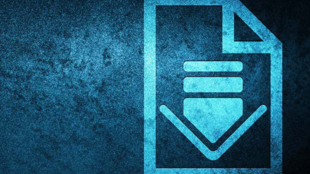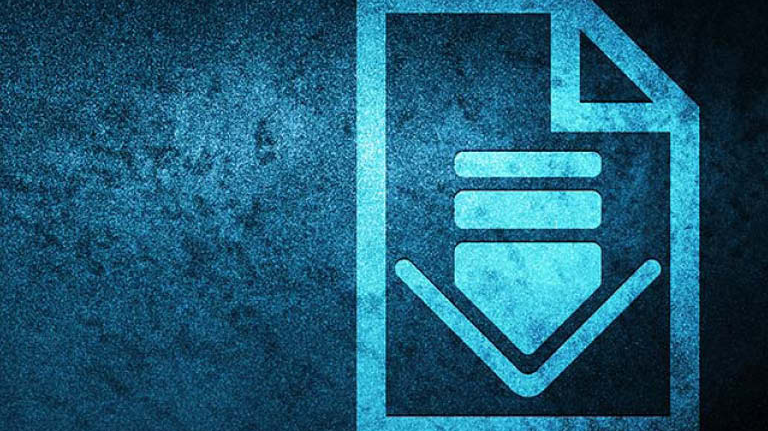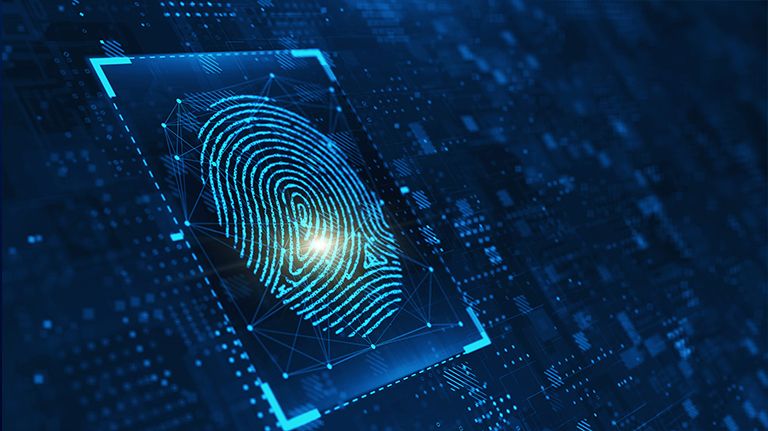Facilitate trustworthy & legally effective transactions as a qualified Trust Service Provider (TSP) for electronic signatures
Trust Service Providers (TSP) issuing certificates for electronic signatures are subject to extensive legal and professional requirements. These are established, among others, in the eIDAS Regulation, which aims to make electronic signatures legally binding and recognizable throughout the EU.
Therefore, if you wish to be officially included as a Trust Service Provider in the European eIDAS Trusted Service List (TSL) of qualified providers, you must prove that your service meets the security requirements set out in the eIDAS Regulation.
We will support you through the labyrinth of requirements and accompany you on your way to achieving the status of qualification. Starting with the planning of your services, through the required audits, to conformity assessment or re-certification, we offer you both the eIDAS complete package and individual services to fit your specific situation.
Our services in the field of electronic signatures
Standards we use to audit:
eIDAS Regulation
Article 28: Qualified certificates for electronic signatures
Article 29: Requirements for qualified electronic signature creation devices
ETSI EN 319 401
Electronic signatures and Infrastructures (ESI); General Policy Requirements for Trust Service Providers
ETSI EN 319 411-1
Policy and security requirements for Trust Service Providers issuing certificates; Part 1: General requirements
ETSI EN 319 411-2
Policy and security requirements for Trust Service Providers issuing certificates; Part 2: Requirements for trust service providers issuing EU qualified certificates
Your benefits at a glance
- Approval as qualified Trust Service Provider: You can provide objective evidence that you meet the requirements of the eIDAS Regulation and are approved as a qualified Trust Service Provider.
- European recognition: Your service will be included in the European eIDAS Trusted Service List (TSL).
- Entry into the European market: Successful certification will enable you to access the European single market.
- Identification of areas in need of optimization: A gap analysis is used to detect any non-conformities and reveal specific potential for improvement with a view to the eIDAS-compliant implementation of your service.
- Training your employees with regard to eIDAS: Our training prepares your employees for the examination aspects of the eIDAS Conformity Assessment and turns them into in-house eIDAS.PROFESSIONALs.
All about trust services




- REMOTE instead of ON-SITE: Possibilities of auditing in times of Corona
- Customer information: Dealing with the Corona virus
-
TÜVIT specifies cybersecurity architecture for On-board Telematics Platform (OTP)
What are electronic signatures?
An electronic signature serves as proof that an electronic document was signed by a natural person. The European eIDAS Regulation also defines advanced electronic signatures and qualified electronic signatures, which are relevant as signature forms for business transactions. They enable the signatory to be identified and are uniquely assigned to the signatory. A qualified electronic signature is also used if the written form is required by law. It has the same legal effect as a handwritten signature.


























